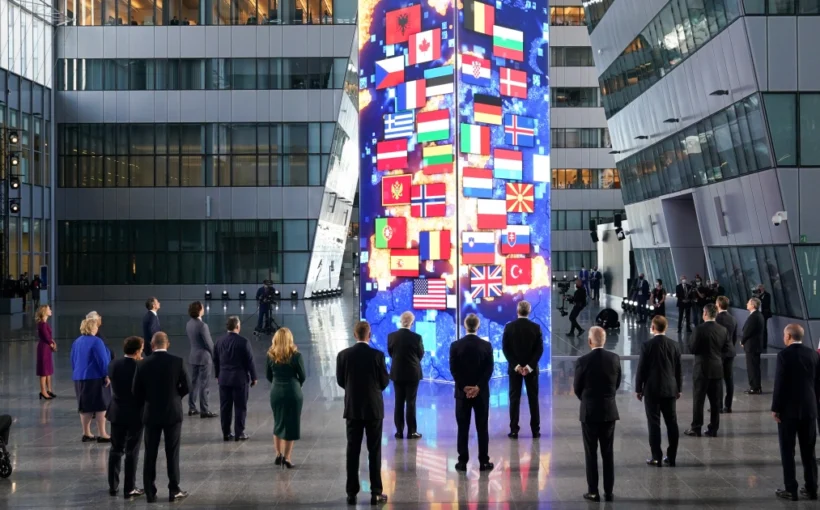Turkey’s decision to stop two naval ships from being handed over to Ukraine is at odds with its commitments to NATO, the defense alliance’s former Supreme Allied Commander Europe said, calling on Ankara to take a tougher line against Russia.
Retired U.S. Admiral James Stavridis told POLITICO the decision to deny passage through Turkish waters to the two Royal Navy Sandown Class vessels, donated to Kyiv by the U.K. to help clear mines from the busy shipping lanes of the Black Sea, was “unfortunate.”
Ankara confirmed Tuesday that the minehunters would not be able to cross from the Mediterranean to the Black Sea through its strategic Bosphorous Strait. Turkish officials insist they are obliged to prevent the passage of warships during times of war under the terms of the Montreux Convention of 1936.
However, Stavridis maintained, Turkey “certainly could have decided to allow defensive ships like minesweepers into the Black Sea” because “there is sufficient discretion” under the Montreux Convention, and minesweepers are purely defensive in nature. “This is the clear NATO position, agreed by Turkey as part of its role in NATO.”
Admiral Cem Gürdeniz, a former Turkish naval chief and prominent military theorist, has already hit back at criticism over Turkey’s decision, claiming Ankara wants to avoid “Turkish blood being spilled” as part of a “war in the Black Sea on behalf of the U.S. and NATO.”
Despite its membership of NATO, Turkey has been accused of not taking stronger action against Russian naval auxiliary vessels moving through its waters, and the Turkish government has not imposed sanctions on Moscow’s seaborne exports. Ukraine’s vital exports of grain are being hampered by Russian mines laid off the coast of the Eastern European country, and a Greek owned cargo ship was damaged after striking one just last week.
When it comes to Turkey’s relations with Russia and the West, Stavridis added: “To my eye, Ankara is trying too hard to strike a balance and should fully lean into its role as a NATO member.”
“Russia is a dangerous aggressor state and serial human rights violator that threatens the Alliance in the air, sea, ground, cyber, and space on a daily basis,” he said. “This isn’t a hard choice.”


